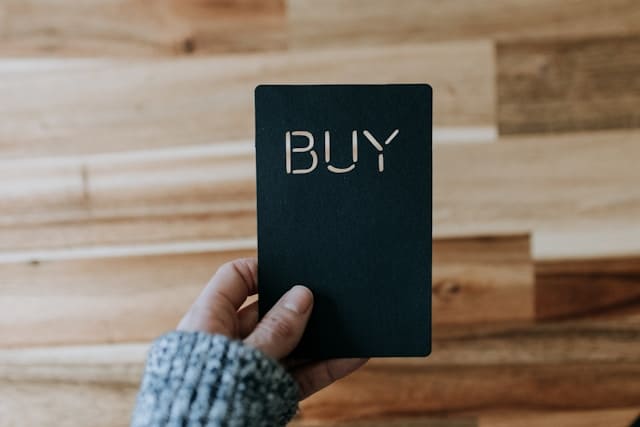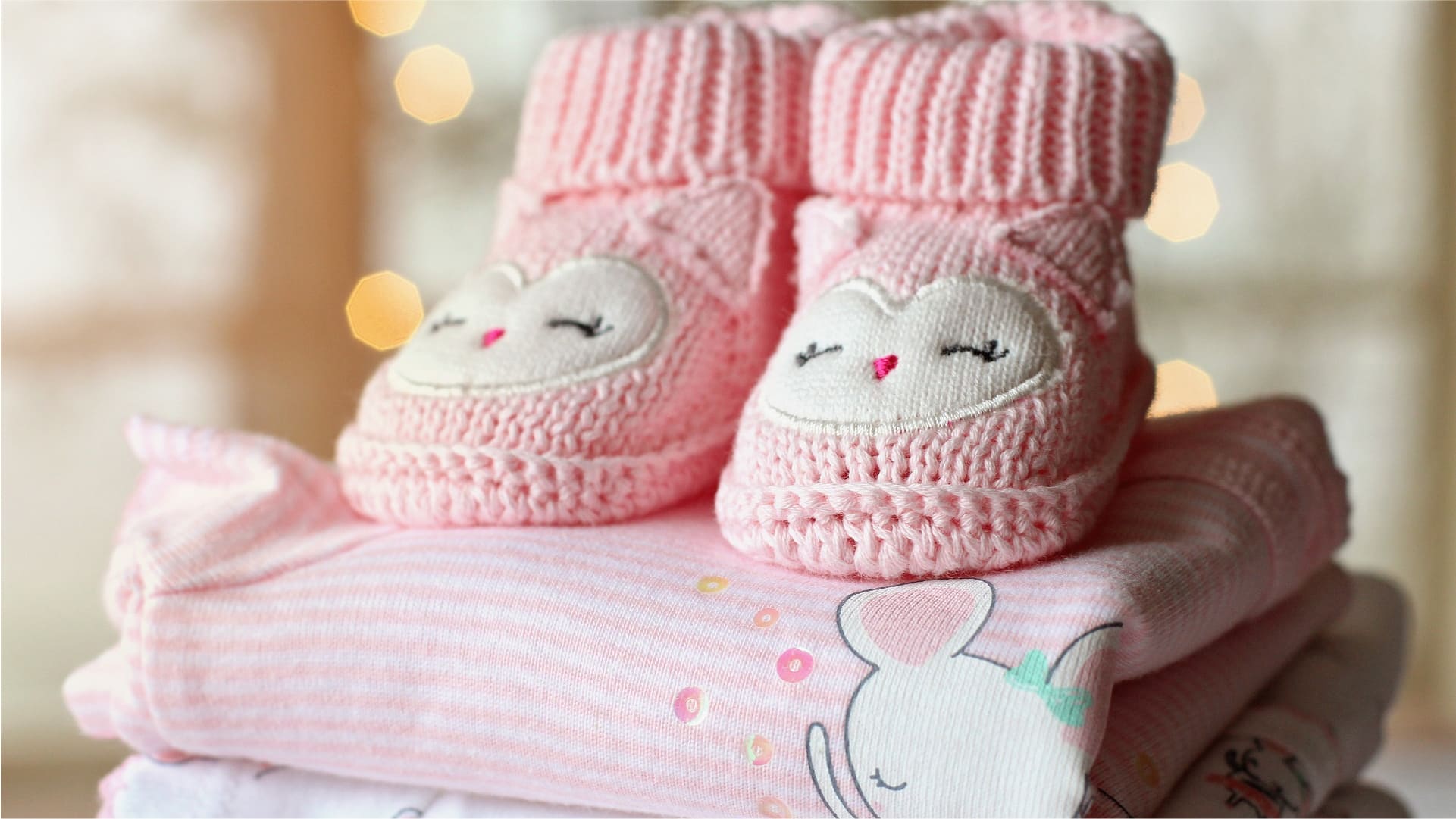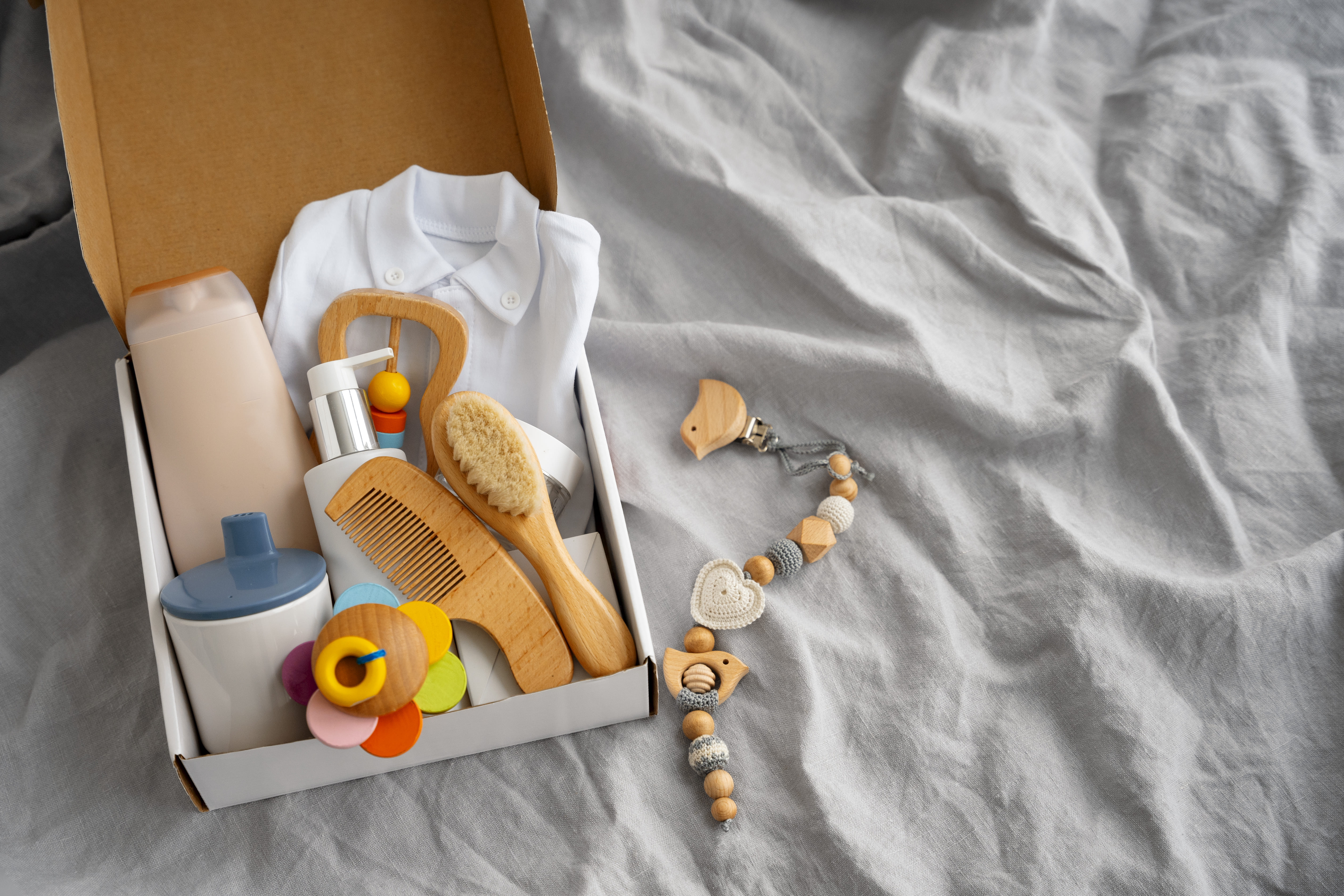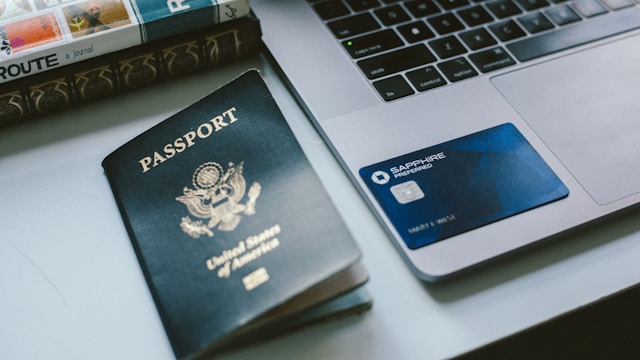There was a time when I couldn’t walk past a “50% OFF” sign without feeling a magnetic pull. A flash sale, a limited-time offer, a shiny new gadget—I was hooked. My inbox was a graveyard of order confirmations. My closet? A museum of tags still attached. I wasn’t just shopping—I was self-soothing, distracting, and reacting.
This is the story of how I went from compulsive clicking to conscious consumption. If you’ve ever felt the thrill of an impulse buy followed by the sting of regret, this journey might feel familiar. And if you’re ready to break the cycle, I’ll show you how I did it—step by step.
🧠 The Psychology Behind My Impulse Buying
Impulse buying isn’t just about poor money management—it’s deeply emotional. According to Total Wealth Coaching, emotional spending often stems from unmet needs: boredom, loneliness, stress, or even the desire for control.
For me, it was a mix of:
- Late-night boredom: Infomercials and online ads were my lullabies.
- Emotional highs and lows: I shopped when I was happy, sad, or anxious.
- The illusion of reward: Buying something felt like progress—even when it wasn’t.
I wasn’t buying things. I was buying feelings.
📦 The Wake-Up Call
One day, a package arrived at my door. I didn’t recognize the sender. Inside was a “miracle” furniture cleaner I had no memory of ordering. That was my rock bottom.
I realized I had become a passive participant in my own financial life. I wasn’t choosing—I was reacting. And I needed a detox.
🔄 My 5-Step Impulse Detox Plan
Here’s how I rewired my habits and reclaimed control:
1. 🛑 The 48-Hour Rule
I promised myself I wouldn’t buy anything non-essential without waiting 48 hours. This “cooling-off” period gave my rational brain time to catch up with my emotional impulses.
Result: 80% of the time, I didn’t want the item after two days.
2. 📝 The “Why” Journal
Every time I felt the urge to buy, I wrote down:
- What I wanted
- Why I wanted it
- How I was feeling
Patterns emerged. I wasn’t shopping for things—I was shopping for comfort, identity, and distraction.
3. 💳 The Digital Declutter
I unsubscribed from marketing emails, unfollowed influencers who triggered FOMO, and deleted shopping apps from my phone.
Result: Fewer triggers = fewer temptations.
4. 💡 The Intentional List
I created a “Want List” in Notion. If I still wanted something after 30 days, I’d consider buying it. Most items never made it past week two.
5. 💰 The Budget Reframe
Instead of asking, “Can I afford this?” I asked, “Is this worth my time?” If a $100 item cost me 5 hours of work, was it worth it?
📊 Before vs. After: The Transformation
|
Habit |
Before Detox 🌀 |
After Detox 🎯 |
|---|---|---|
|
Shopping triggers |
Ads, boredom, emotions |
Needs, goals, planned purchases |
|
Decision time |
Instant |
48-hour rule |
|
Monthly spending |
Untracked, impulsive |
Budgeted, intentional |
|
Emotional state post-purchase |
Guilt, regret |
Satisfaction, clarity |
🧠 What I Learned (That Might Help You Too)
✨ 1. You’re Not Weak—You’re Wired That Way
Impulse buying is a natural response to emotional and environmental cues. Retailers design experiences to exploit this. Awareness is your first defense.
✨ 2. Delay Is a Superpower
Time creates space for clarity. The longer you wait, the more likely you are to make a decision aligned with your values—not your emotions.
✨ 3. You Don’t Need More—You Need Meaning
Most of what I bought didn’t add value to my life. What I really craved was connection, purpose, and peace. No product could give me that.
🧭 Final Thoughts: From Compulsion to Consciousness
I’m not perfect. I still feel the occasional tug of a flash sale or a “limited edition” drop. But now, I pause. I reflect. I choose.
Impulse buying didn’t just clutter my home—it clouded my mind. Detoxing wasn’t just about saving money. It was about reclaiming agency.
If you’re on a similar path, know this: you’re not alone. And you’re not powerless. With a few small shifts, you can turn your spending into a reflection of your values—not your vulnerabilities.








Leave a Comment